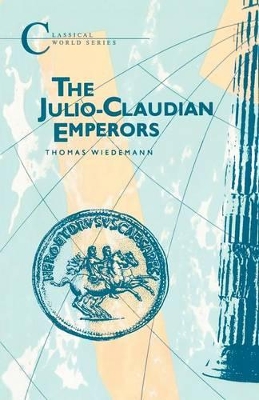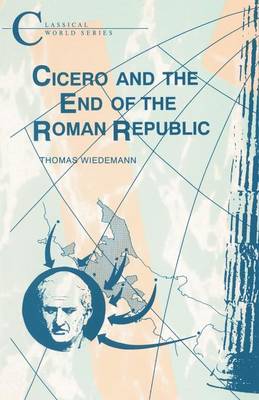Classical World
2 total works
This book summarises political events during the reigns of Tiberius, Caligula, Claudius and Nero, and the civil wars of the 'year of four emperors'. It considers too the extent to which social factors influenced the imperial household.
Assuming no knowledge of Latin and drawing on material including inscriptions and coins, literary history and the latest historical interpretations, the author presents a coherent account of the often apparently erratic actions of these emperors.
Histories of the late Republic and biographies of Cicero have
previously tended to treat political and cultural developments as
essentially separate. In Cicero and the End of the Roman Republic,
Thomas Wiedemann takes a fresh approach, looking at Cicero's literary
works in the context of his public life, and of contemporary political
and social issues.
Wiedemann explores Cicero's role in the
creation of a new and effective 'Roman' cultural identity demanded by
the process of Italian unification and the consequent collapse of the
old Republican party system.

